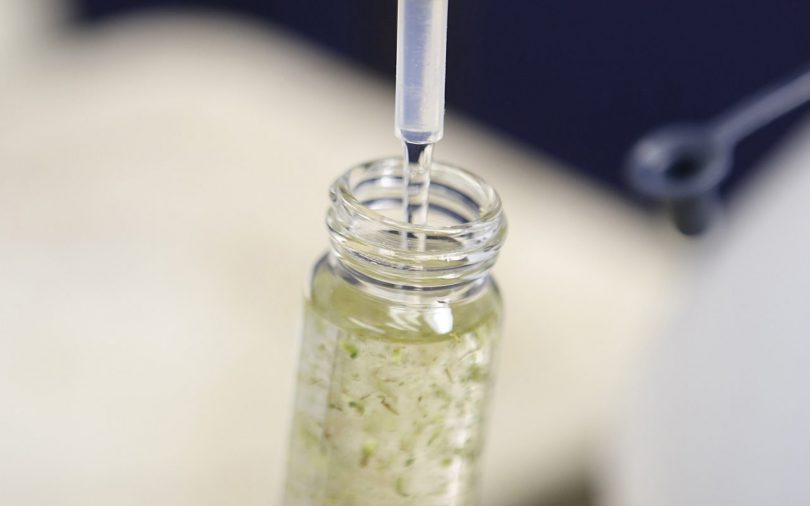Walking through the dispensaries laden throughout Los Angeles it isn’t often that we are shown the terpene makeup of a strain or the accurate percentages of CBD, CBG, or CBN. This is because legal cannabis stores won’t be licensed until 2018. Testing requirements under California’s newly passed Prop. 64 will, in theory, bring an unprecedented level of transparency to a once grey industry.
With new legislation there will be more questions asked about the plant, and with that the consumer will receive actual answers where there once were none. All legal products must have a sample tested by an independent laboratory for the popular cannabinoids (CBD, CBD, CBDA, CBN, THC, THCA) as well as the “terpenes described in the most current version of the cannabis inflorescence monograph published by the American Herbal Pharmacopoeia.”
Many might see those cannabinoids as a bunch of useless acronyms but they are actually an elemental key to unlocking the medical benefits of the plant. Terpenes are the same, a crucial c compound of a healing plant that is understood very little.
These potency tests might seem trivial to some Californians but almost every discerning consumer cares about pesticides & insecticides as well as chemicals, solvents, and microbiological impurities. Prop. 64 requires that an accredited laboratory tests for all of these things and even the trimmers pubes.
Adult-use law in California will allow consumers to have more knowledge than ever before about their medicine which could restore California to the cutting edge of cannabis culture by inspiring innovation and discussion in the industry.
At the moment 1 in 8 Americans lives in California which will likely create a prominent cannabis community. Hopefully in this new recreational age the state can set precedent for understanding true genetic lineage and compound makeup of our favorite cannabis strains.
Though there is much work left to do to create a well-oiled system, the success of Prop. 64’s exhaustive testing schematic is dependent on the future. It is now in the hands of the State Department of Public Health which is tasked with setting health and safety standards and determining how to handle products that don’t meet those standards.
Most importantly, the department should determine whether or not products are even being tested, which is a large feat to accomplish. Loopholes have let in pesticides that are hazardous when exposed to heat and an oversite in procedural SOP has let growers and manufacturers take advantage of the system.
Advocates and regulators must now keep a close eye on Prop. 64 to ensure that the system will function properly. Consumer protection laws aren’t reassuring until they are put into action and shown to be effective.
You can contact the Department of Public Health with questions or concerns about testing at omcs@cdph.ca.gov or 916-558-1784.











